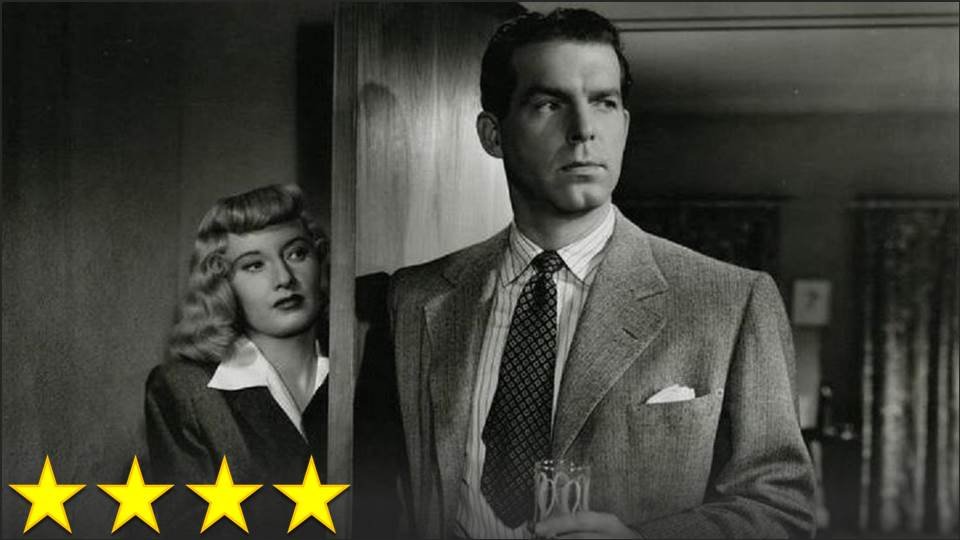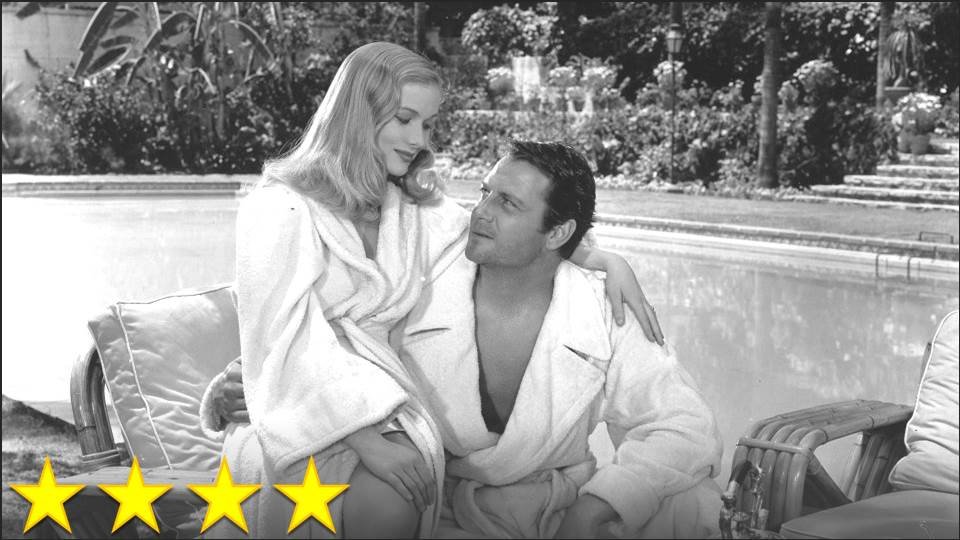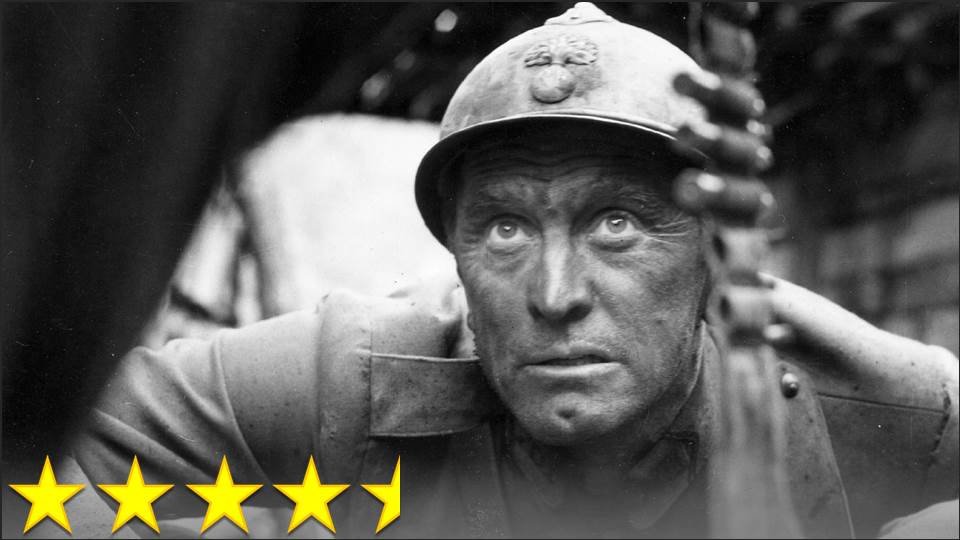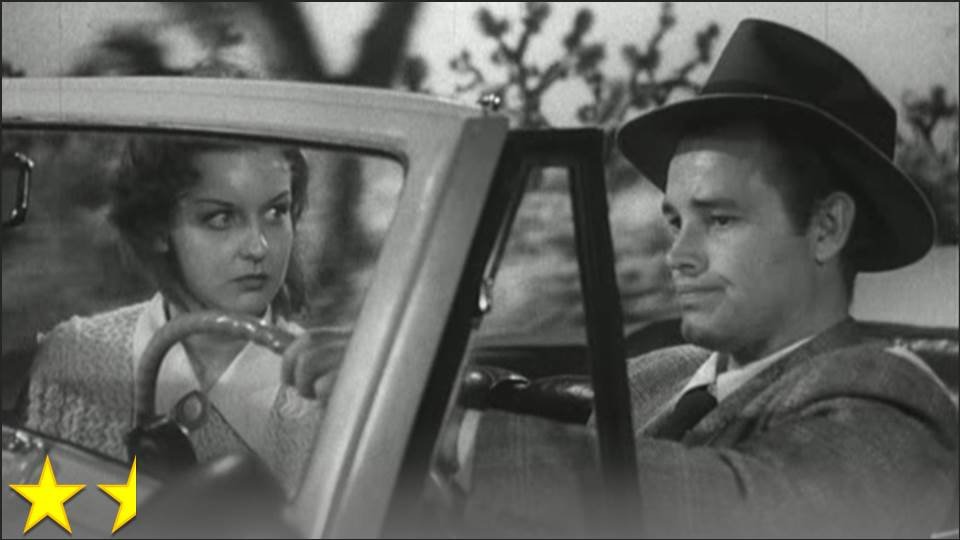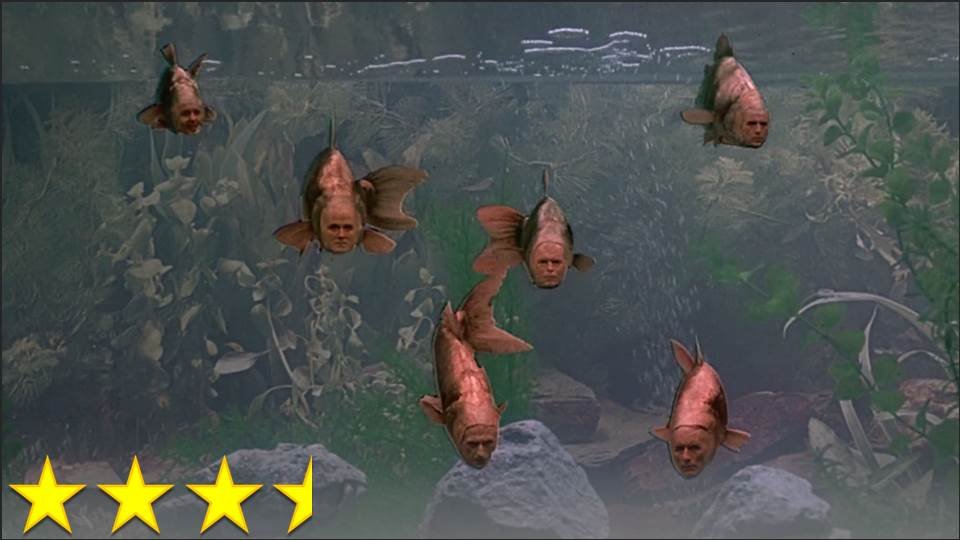Most of the time when I review a movie on this website, I’m doing it because I hadn’t seen the film before. “Upon Further Consideration…” is the series I use once in a blue moon when I feel like sharing my thoughts on a film I haven’t seen in a long while.
Since I talk too much about how I generally disapprove of what Christopher Nolan did with Batman, I thought it would be best for me to finally sit down and watch The Dark Knight all the way through – which I probably should have done before I started complaining about how it’s the film that’s ruined the theatrical beauty of cinema. However, when I went to the library to pick up a copy of The Dark Knight, I realized that I was uncertain as to whether or not I had seen its predecessor, Batman Begins, also by Nolan. For this reason, I picked up Batman Begins and watched that instead. As I watched the film, I continued to be unsure as to whether or not I’d seen it before, because the beginning was very familiar, but I didn’t recognize much of what happened after Bruce went back to Gotham. Since I knew the ending and seemed to recall various parts scattered throughout, I came to realize that I must have seen it before – or at least most of it – but it’s just a really forgettable film.
First of all, there’s that blasted visual style. In this movie, it’s not quite as gray as I expected, instead focusing a lot on brown, but it seems the color scheme turns to the Nolan light-bluish-gray for Dark Knight, and finally to blackness for Dark Knight Rises, giving each film in the trio its own color. It’s a neat way of doing it, but what it’s made me realize is that my conception of the “Nolanization of cinema” is not entirely accurate – while I had always assumed that Nolan’s grayed out Batman update was responsible for the rest of cinema turning gray, I know understand that this does not work out chronologically. Batman Begins came out in 2005, and Dark Knight came out in 2008, while Harry Potter and the Prisoner of Azkaban was released in 2004. This means that I have been incorrect in accusing Nolan of leading to franchises getting retooled for the worse the way that the Potter franchise was, when in fact it was Azkaban that can be blamed for what Nolan did to Batman, and arguably Pan’s Labyrinth is another of the first main culprits. For this reason it is no surprise that the movie is forgettable – it was just following a trend by adding grays and browns and killing the greatest hits of the color spectrum. Some shots in the film, on the other hand, surprised me by looking very good, but these were interestingly the shots that very closely resembled Tim Burton’s first imagining of Gotham, and I must ask: what is the point of making a new visual style that looks its best only when it closely copies the old visual style?
Not only is it visually forgettable, but its characters are forgettable. I really like Morgan Freeman’s character in the movie, but that’s only because he’s Morgan Freeman, and there is nothing special about that character on paper – his only value is the actor who plays him. The villains are threatening and mildly scary, but overall they lack some sort of villainous “it factor.” I could see myself wearing a T-shirt bearing the face of The Joker, The Riddler, The Penguin, or any number of other DC villains, but not The Scarecrow, and certainly not whatever Liam Neeson’s character is supposed to be called. Don’t even get me started on Katie Holmes’ portrayal of Rachel Dawes, which I mostly blame on the writing, but there is no excuse for how insufferably bland she is. Dawes is a device, and one that I never cared about. At all. Part of the problem with Dawes is that she’s primarily designed to spew out cat-poster morality at are morally confused protagonist, which gets old and feels preachy.
This leads to one of the film’s greatest weaknesses: its moral confusion. Never before have I seen a film that spends so much time exploring morality without having any coherence in moral philosophy by the end of the film. One could argue that this just means the film is “complex” or “complicated,” but it doesn’t have an intelligent kind of incoherence at the end of the film, like what is presented just before the closing credits of Do the Right Thing. Instead, it feels like listening to a sermon written by a child who just took different moral sayings he heard and threw them all together, without any clue what he was talking about. Example: at the end of the film, Dawes kisses Bruce, but then says she can’t love him because he has become Batman, while she’s in love with the good man he was before he became Batman, but then she say’s she’s proud of what he’s done as Batman. So . . . does she like his personality and behavior or not?! What’s worse is that the film celebrates Bruce for having empathy when he saves Neeson from falling off the cliff in the first part of the film, even when the villains try to convince him that empathy is bad, but at the end of the film – after all this talk about how wrong it is for good people to do nothing – he decides he will not save Neeson from dying in the train. It is now his choice to withhold his empathy and his goodness that is considered a positive trait, which makes the film give out more mixed signals than Dawes does.
I think it goes without saying that I think this movie is, in many respects, a train wreck. Nolan tried to make the audience take Batman very seriously, but, ya know . . . HE’S A GUY IN A BAT COSTUME – it’s inevitably going to be either campy or awkward, so he should have had more fun with the character. So, so much of this film just feels off, strange, flat, or inconsistent, and the film adds virtually nothing of value to what Burton had so perfectly established as the cinematic Batman in 1989. Yet, in a way, it still feels like a Batman movie, and that makes it fun. Not as fun as it could be, but fun. It’s interesting and amusing enough to be enjoyable, so I think that, all things considered, it’s okay. Not great – maybe not even good – but okay. I’ll give it a good rating because I find it entertaining enough, but does this mean I’ll have to stop giving Nolan such a hard time? Oh, wait – no it does not – I still have to watch The Dark Knight . . . .

